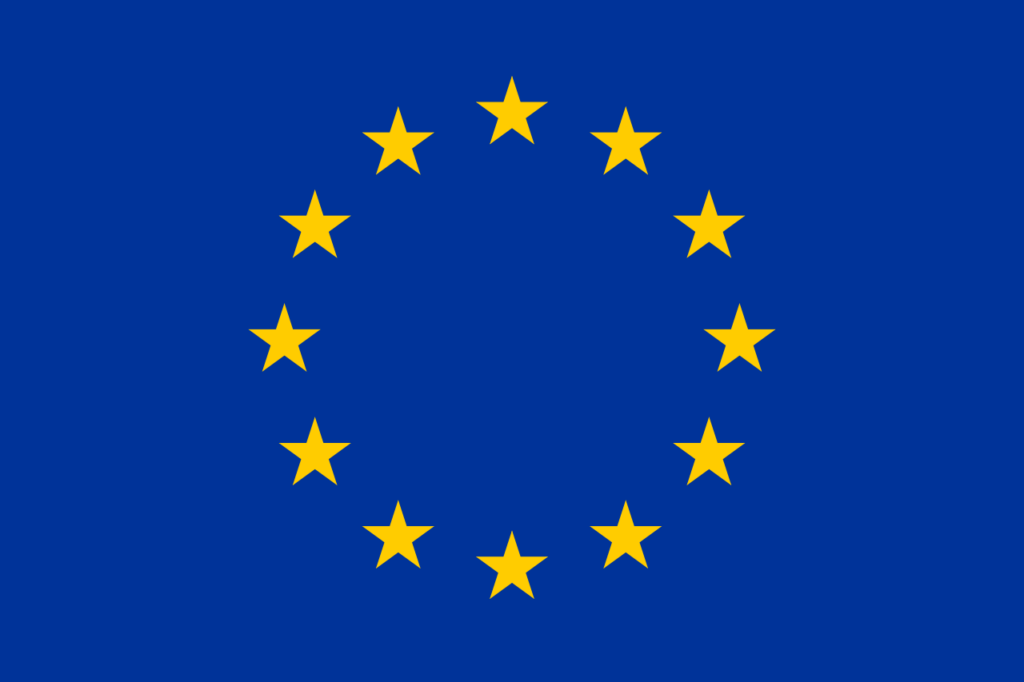European parliament votes for new renewable shipping fuel requirements
By Julian Atchison on October 28, 2022
2% by 2030 mandate

MEPs have voted to adopt the FuelEU Maritime Initiative, a suite of measures that will drive decarbonisation of shipping in the EU. From 2030, at least 2% of the yearly average energy used onboard a vessel must be met with Renewable Fuels of Non-Biological Origin (RFNBO). The legislation includes a staged approach for reductions in the greenhouse gas intensity of shipping fuel: 2% by 2025, 20% by 2035, and 80% by 2050. There is also a requirement for vessels to use on-shore power for energy needs while berthing at an EU port from 2030.
Vessels traveling in the “outermost” regions of the EU (plus those calling in on international ports) will only have half their energy needs assessed against the new rules, with smaller vessels (<5,000 tonnes gross) exempt.
The legislation text notes the 2% requirement will be revisited by 2028, with adjustments in either direction to be made if:
— there are serious concerns about production capacity, availability or price of RFNBOs, or;
Amendment 82, Proposal for a regulation, Article 4a (new) of the FuelEU Maritime Initiative, adopted 19 Oct 2022
— there is a substantial cost reduction and a geographically comprehensive availability of RFNBOs and a need to increase the level of sub-quota to meet Union climate targets.
Speaking to media outlet Euractiv, Swedish MEP and legislation rapporteur Jörgen Warborn said that a higher RFNBO mandate was not pursued at this time due to concerns about the availability of alternative fuels in 2030:
The maritime sector has to be able to perform. If there is no availability of fuels, then they will be hurt by fines in this situation. And that wouldn’t be fair to the ship owners.
MEP Jörgen Warborn quoted in “Parliament backs EU’s maritime fuel law to curtail shipping emissions” (Sean Goulding Carroll, Euractiv, 20 Oct 2022)
In recent amendments made to the Renewable Energy Directive, the RFNBO mandate was originally set as a 1.2% delivery requirement from fuel suppliers to the maritime sector. The greenhouse gas intensity of fuels must be assessed across their full lifecycle on a well-to-wake basis.